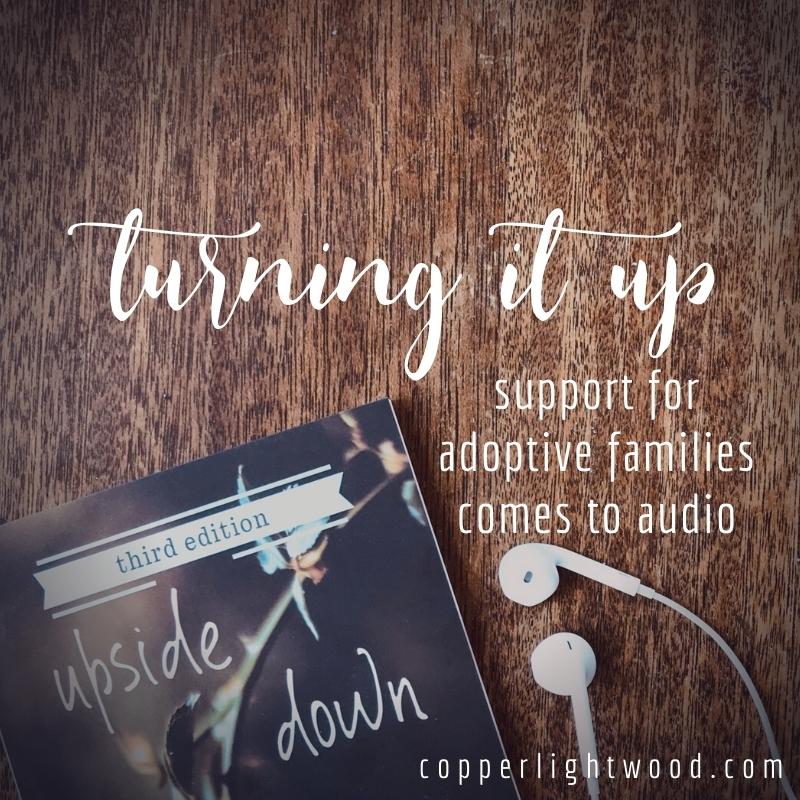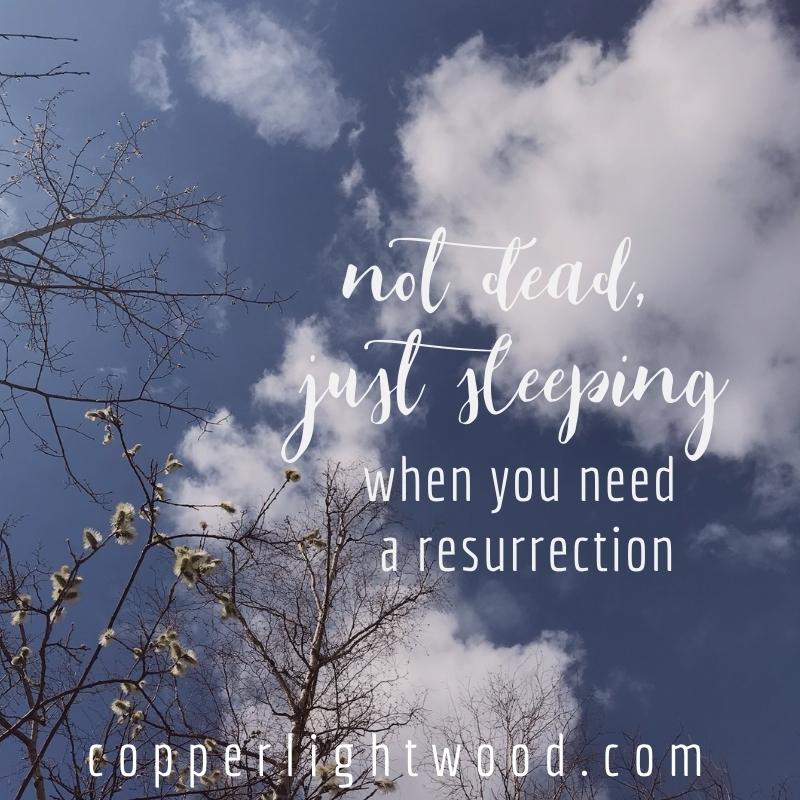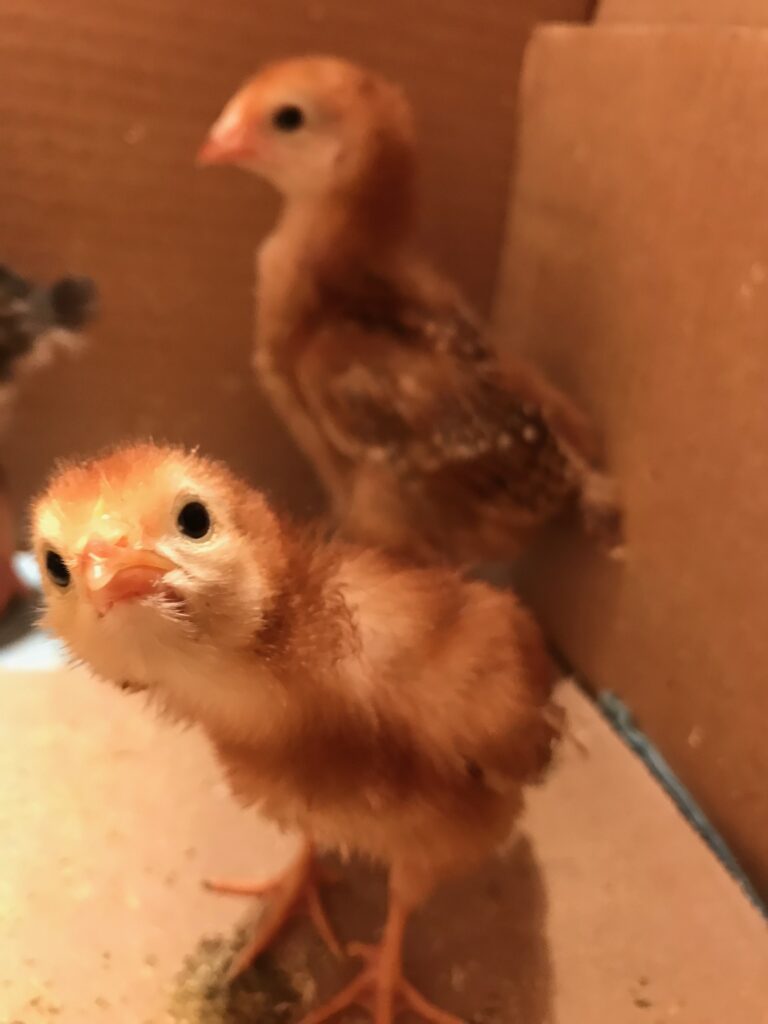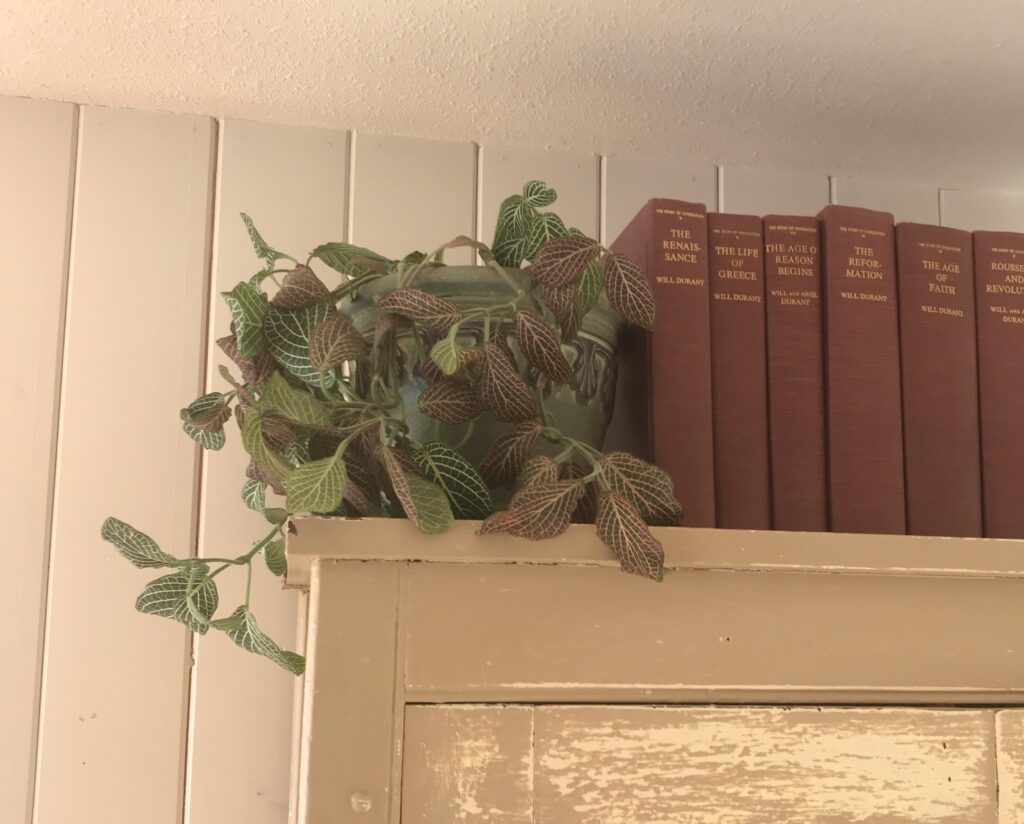Here’s a confession that those of you who are regular readers here already know: I go in phases of sharing about adoption and special needs. Sometimes I forge ahead in it and share several posts here or on social media, and other times I pull back to recuperate.

It’s hard to share. It’s super personal. The issues are painful. But those issues need to be seen.
Not everyone will stop to notice. Most will probably keep scrolling — no shame, we all need a little mindless scrolling sometimes — and some will click “like” on the posts without even reading them because they’re too long.
I get that. I skim or skip posts sometimes for the same reason.
But we miss things when we’re always too busy to stop and notice them.
And adoptive, foster, and special needs families are collapsing from people being too busy to notice them.
These families are in our churches and neighborhoods — until they’re not. Until they give up on church or they give up on marriage. Until it all becomes too much because people are so busy scrolling past, giving a thumbs up to the concept of adoption but having no clue about what’s really going on in these families.
How do we move upstream to prevent divorce, depression, abuse, and suicide? How do we draw people into the church and community instead of driving them away from it?
By seeing people. But we have to look past the surface and stop scrolling for a few minutes to do it.
So I’ve collected my adoption posts in one place here. They are full of the stuff under the surface, behind the curtain, while we try to walk the line of privacy and transparency. They are by no means the full story, but they are enough to give the respectful, caring observer plenty to think about…and to send a message to other adoptive, foster, and special needs families. Here’s that message:
YOU ARE NOT ALONE. And you’re not going crazy. You are seen and loved and understood. 🖤
I know some of you are done with church. Some of you are done with marriage. Some of you, for the sake of younger children and your entire family, have been done with adoption and had to disrupt.
(If you’re not one of those families, that means they had to give up their adopted child to be adopted by another family — and face all the judgment, condemnation, and assumptions from a society that doesn’t know what goes on behind the scenes and is also unwittingly ignorant of the role they may be playing in the disaster and heartache these families endure.)
None of this should ever happen. Adoptive families should never feel alone and be left by the communities around them to quietly implode behind closed doors.
We can intentionally be part of the solution.
And we need to be, because there are plenty of people who seem intent on being part of the problem, too busy reveling in their know-it-allness that they cannot fathom there might still be something to learn about this — like the Goodreads reviewer who gave Upside Down a mere 2 stars because I am “only an adoptive mom” and not a trained, lettered professional who actually (smirk) knows anything about attachment issues, mental health, or adoption.
That’s right; instead of studying for years behind a desk, I have only lived this out in my own home, 24 hours a day, for more than twice the amount of years it takes to get a bachelors degree. Clearly I have no expertise on the subjects of adoptive family support or adoptive parenting worth sharing.* #blessherheart
When I originally wrote Upside Down as a series of posts, I got emails, messages, and phone calls every day from adoptive, foster, and even biological parents who were going through the same stuff — but they thought they were alone. These were their most common responses:
“I thought we were the only ones who went through this.”
“I don’t know who to talk to.”
“I didn’t know how to explain this.”
“I thought we were alone.”
”I wish everyone we knew would read this.”
But you know what the most common response is from non-adoptive/foster families? It’s this:
“Whoa. I had no idea.”
No wonder these families feel alone.
It’s past time to change that.
And now there’s no excuse not to, because Upside Down is now available in audio (as you read that, you should hear it in a victorious sing-song voice, like TA-DAHHH!) and the first three segments are totally free and full of the inside scoop people needed yesterday, before they did that thing that triggered the adoptive kiddo to regress. So grab them here and share them with your friends, teachers, pastors, nosy neighbors, favorite aunt who stillll doesn’t get it, and anyone else who needs to know how they can truly support adoptive and foster families without unintentionally causing further harm.
Because we’re gonna change this thing. The world will see that what adoptive and foster families are doing is vital, but the work cannot be done without understanding and support. And we shouldn’t have to anymore.
*In case you’re wondering, I have similar inept, unprofessional, raw, untrained experience in pursuing God while being a mom of many, dealing with special needs and fighting depression and encountering other messy life circumstances in motherhood — so you should *definitely* stay away from Oh My Soul and ABIDE and Work That God Sees too, since I don’t have the right letters after my name and therefore have nothing worthwhile to share in those, either. Seriously, those books are only for the rest of us. xo









